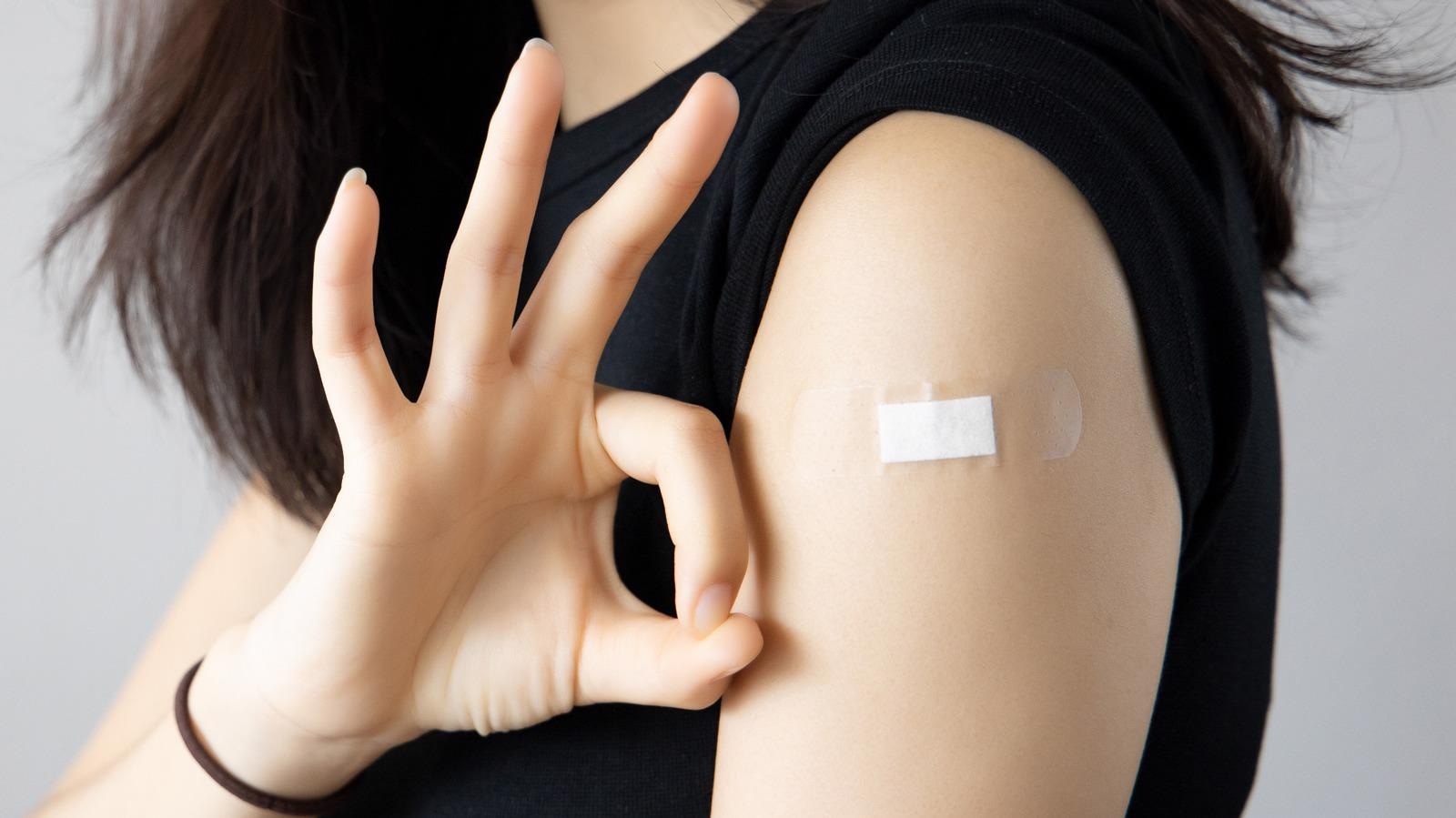Earlier this year, the U.S. Food & Drug Administration (FDA) approved COVID-19 vaccines for 12 to 15 years and people over the age of 16. While adolescents have been less at risk for severe COVID-19 illness, new variants such as Delta have caused a surge in infections in this age group.
New research from the Centers for Disease Control & Prevention (CDC) suggest vaccines are highly protective against severe acute respiratory coronavirus 2 (SARS-CoV-2). Two doses of the Pfizer-BioNTech vaccine showed a 93% effectiveness against hospitalization. The findings add to a previous clinical trial that found vaccinated adolescents with 100% protection against SARS-CoV-2 infections.
As schools resume in-person learning, vaccination remains the best form of protection against severe SARS-CoV-2 infection.
The study “Effectiveness of Pfizer-BioNTech mRNA Vaccination Against COVID-19 Hospitalization Among Persons Aged 12–18 Years — United States, June–September 2021” was recently published in the CDC’s journal Morbidity and Mortality Weekly Report.
 Study: Effectiveness of Pfizer-BioNTech mRNA Vaccination Against COVID-19 Hospitalization Among Persons Aged 12–18 Years — United States, June–September 2021. Image Credit: 9nong / Shutterstock
Study: Effectiveness of Pfizer-BioNTech mRNA Vaccination Against COVID-19 Hospitalization Among Persons Aged 12–18 Years — United States, June–September 2021. Image Credit: 9nong / Shutterstock
How they did it
The study recruited 464 people between the ages of 12 and 18 admitted to 19 pediatric hospitals from June 1 to September 30, 2021. About 179 patients had COVID-19 symptoms but a negative COVID-19 test. The other 285 were designated as controls in that they did not display COVID-19 symptoms and had no test confirming SARS-CoV-2.
Parent or guardians provided information on the adolescent’s COVID-19 vaccination history, type of vaccine given, location of vaccination site, and vaccination card to confirm vaccination status.
Based on the vaccination status, patients were grouped as unvaccinated or fully vaccinated. People who were partially vaccinated were excluded from the analysis.
At the time of the study, the researchers only studied the vaccine effectiveness from the Pfizer-BioNTech two-dose shot because Moderna and Johnson & Johnson vaccines were not authorized yet for this age group.
Patient characteristics
The median age of patients was 15 years. About 72% of patients had at least one underlying medical condition, including obesity. About 68% of adolescents are attending school in-person.
Patients hospitalized with COVID-19 symptoms were more likely to live in areas at high risk of SARS-CoV-2 transmission and have more diagnoses of diabetes. In contrast, hospitalized patients without COVID-19 symptoms reported more neurologic or neuromuscular comorbidities.
Vaccination differences in hospitalized adolescent patients with COVID-19
Of the 179 adolescents hospitalized with COVID-19 symptoms, 3% were vaccinated and 97% were unvaccinated. Approximately 43% of these patients were admitted to the ICU and 16% required life support, including ventilation, vasoactive infusions, or extracorporeal membrane oxygenation.
Two out of 29 adolescent patients with severe COVID-19 illness died.
All patients admitted to the ICU, required life support, or died from COVID-19 were unvaccinated.
Unvaccinated adolescent patients who were discharged from the hospital spent a median of 5 days in the hospital compared to 3% in vaccinated patients.
The researchers calculated a 93% vaccine effectiveness in preventing hospitalization amongst 12- to 18-year-old adolescents. The 93% vaccine effectiveness was calculated at a time when Delta was the dominant variant in the United States.
Study limitations
Several study limitations should be taken into consideration when evaluating the results. The 93% vaccine effectiveness observed in the study is based on the Delta variant since it was widely circulating at the time. There is a possibility that vaccine effectiveness may change with other variants such as Alpha and Beta.
The study had a small sample size for evaluating vaccine effectiveness against severe COVID-19 infection. Additionally, because parents or guardians self-reported the data, vaccination status may have been inaccurate, or there may have been errors in remembering specific dates on when the adolescent was infected.
About 61% of adolescents tested in the study were from the South, where is high SARS-CoV-2 transmission. Thus, the study population may not be representative of adolescents in states with low SARS-CoV-2 spread.
At the time of the study, the Pfizer-BioNTech vaccine was the only one approved for adolescents 12-15 years of age. Vaccine effectiveness may vary with Moderna or the one-shot Johnson & Johnson vaccine. Additionally, the recent approval means the researchers were unable to evaluate how long vaccine protection lasted in adolescents.